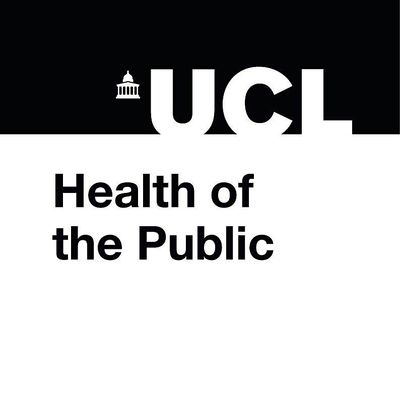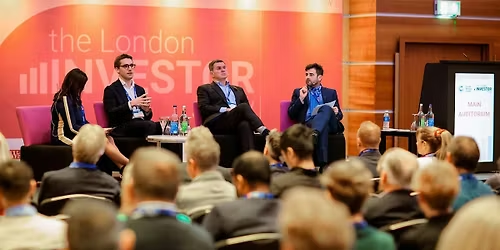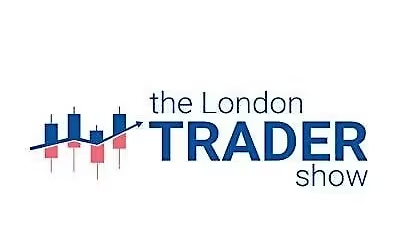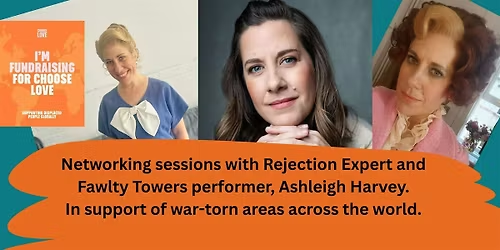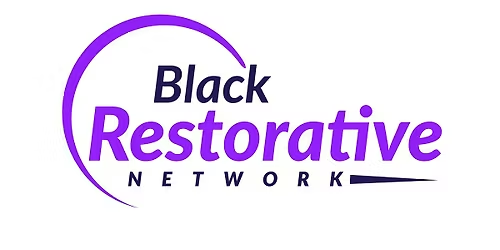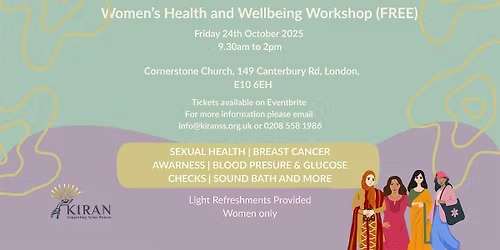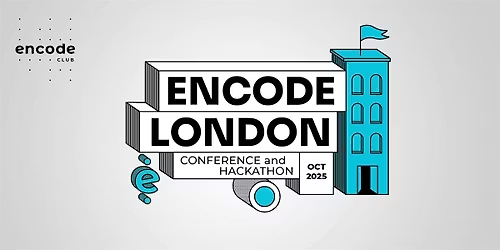About this Event
This one-day interdisciplinary conference is the first in a series of events supporting the forthcoming UCL-Lancet series on Health Equity in Cities, and is hosted by UCL’s Institute for Advanced Studies. The conference is free and open to all; authors from the UCL-Lancet series are particularly encouraged to attend.
Cities across the globe vary enormously – not only in their size, wealth, and the health challenges they face, but in many other ways too. A foundational challenge for urban health equity is establishing a shared context and common language within which more specific theories of urban health equity, and stories of success or failure in urban health interventions can be articulated and compared. Following Elinor Ostrom, we call such a shared context and common language a framework.
Our initial explorations have suggested the following desiderata for an urban health equity framework: (a) to provide a common language and neutral space within which more specific views can be articulated; (b) to specifically illuminate health in an urban context; (c) to be action oriented, and (d) be usable by a variety of different stakeholders.
Please find more information here.
There is an option to join remotely.
Agenda
🕑: 09:45 AM - 10:00 AM
Welcome and introduction to the day
🕑: 10:00 AM - 11:00 AM
Developing a framework for urban health equity
Info: This workshop session examines some existing frameworks for urban health equity. We’ll discuss together from our different perspectives what an urban health equity framework is for? What should it help us to do, and how should we use it? What factors should a framework include, and at what level of detail? Are there tasks it should not do?
🕑: 11:00 AM - 11:15 AM
Break
🕑: 11:15 AM - 12:30 PM
Leia Minaker (Future Cities Institute, University of Waterloo), Building Healt
Info: Housing is a foundational social determinant of health, shaping health and equity through both physical factors such as mould or air pollution, and mental factors like stress linked to increasing unaffordability. Across the Global North, housing affordability is worsening, with Canada among the hardest hit. Most young Canadians now believe they will never own a home, despite ownership historically being the primary generator of household wealth. This erosion of generational equity has even been flagged as a national security concern. While the vast majority of affordable housing efforts in Canada focus on rentals, ownership is often preferred by households, as it supports financial stability, better health, stronger community involvement, and a sense of permanence. This talk introduces Build Now Waterloo Region, a coalition aiming to create 10,000 affordable “missing middle” homes—70% ownership-based—by uniting governments, Habitat for Humanity, developers, and builders. The Build Now
🕑: 12:30 PM - 01:30 PM
Lunch
🕑: 01:30 PM - 02:45 PM
Andrew Tucker (African Centre for Cities, University of Cape Town), Addressin
Info: This talk explores how the health needs, and particularly the HIV needs, of Men who have Sex with Men (MSM) have become an increasingly important area of focus across the urban South. By drawing on examples from South Africa, a country widely seen today as a leader on MSM health, it examines how MSM health became a focus in the fight against HIV, and the differing strategies deployed to support MSM urban health needs since the early 2000s. This talk also reflects on the different ways in which notions of equity have inflected MSM health programming and explores how MSM health can itself be deployed in broader struggles to obtain sexuality-based forms of justice across the global South.
🕑: 02:45 PM - 03:00 PM
Break
🕑: 03:00 PM - 03:45 PM
Rethinking the urban health equity framework in the light of the case studies
Info: This closing workshop session will return to reflect further on urban health equity frameworks in the light of the detailed, and contrasting, cases presented by the keynote speakers. Doing so will enable us to test the adequacy of these frameworks. For example, are the elements that seem most important about the keynote speakers’ rich stories of change brought into focus by the frameworks? Are there elements that are obscured by the frameworks?
Event Venue
UCL Institute of Advanced Studies, Gower Street, London, United Kingdom
GBP 0.00
